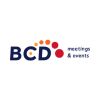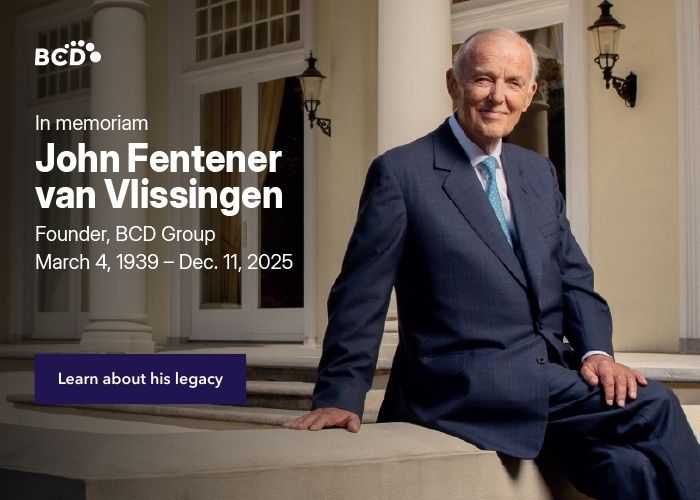We’ll look at how to utilize content before, during and after your events, plus provide tangible ideas for taking action right now to move the needle forward. But first, let’s define what content is, and what it can mean for your brand and events.
Why content is important in event marketing
Since we’re all constantly inundated with content, it’s not only important to create the right content, but also deliver it at the right time, through the right channels, to the right people. In other words, your content needs context. A content strategy is a good way to meet your consumers halfway, developing information that answers one simple question: How can you make their day-to-day lives easier?
From a company perspective, you’re ideally looking to change behavior through content, whether that’s getting someone to register for your event, offering advice that will help them do their job better or simply influencing their perception of your brand. To do this—before you even develop a single piece of content—you need to know your audience: who they are, how they want to be talked to and how they want to consume the information.
Begin to understand them by developing user personas. These shouldn’t be driven only by which generations they belong to; it’s critical to consider them as individuals.
As you develop content for your event marketing campaign, take your business objectives and user personas into consideration; then define what success looks like. Your content should be relevant, digestible and a little spicy. Consider the art of storytelling as you craft your event’s narrative. If content feels like a journey for a reader, they’ll be sucked in; if it feels prescriptive, you’ll lose them.
Feeling overwhelmed and need help outlining a communications campaign and content strategy? We’re experts at that.


